Other Names: Trans-4-(Aminomethyl)cyclohexanecarboxylic acid.
What it is: Derived from the amino acid lysine, tranexamic acid has the ability to reduce acne, PIH, dark spots, hyperpigmentation, melasma and to repair sensitive or damaged skin.
Mode of usage pertaining to the discussion below: Topical application in cosmetics and personal care products.
Safety Profile (Based on regional guidelines):
| European Union – CIR | Data unavailable |
| European Union – SCCS | Data unavailable |
| US FDA | Data unavailable |
| ASEAN guidelines | Safe to use, as per current practice |
Note:
- ASEAN guidelines regulate this ingredient to be used at a specified concentration in cosmetics and skin care products, and suggest that the formulations should not come in contact with the mucous membrane.
Safety in special situations:

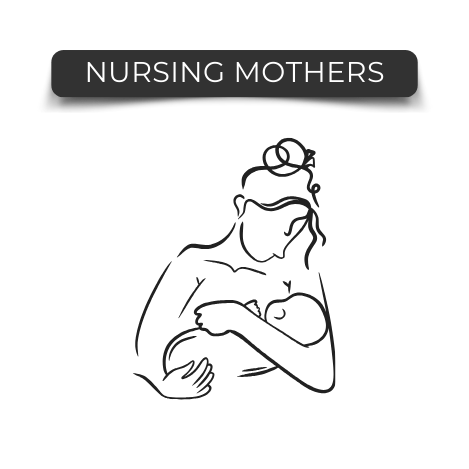


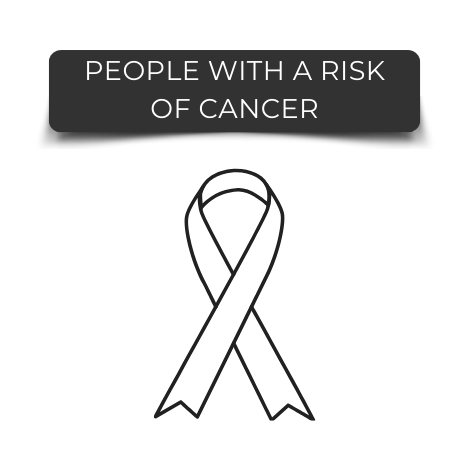
Environmental and Ecological Concerns:
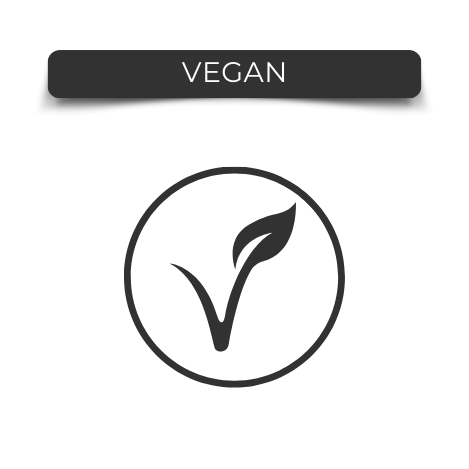



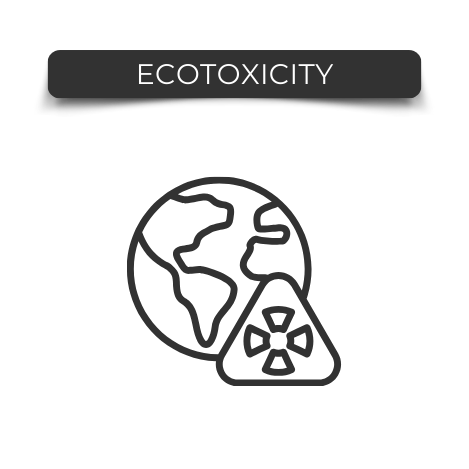

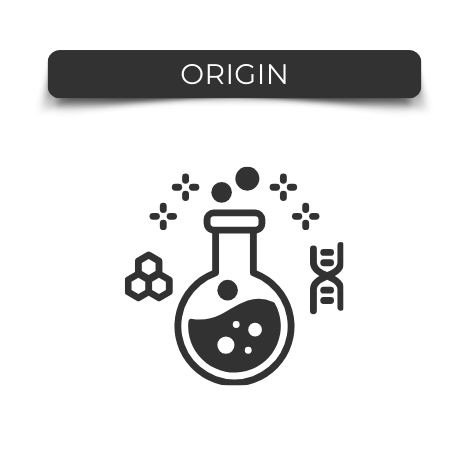

Attributes:


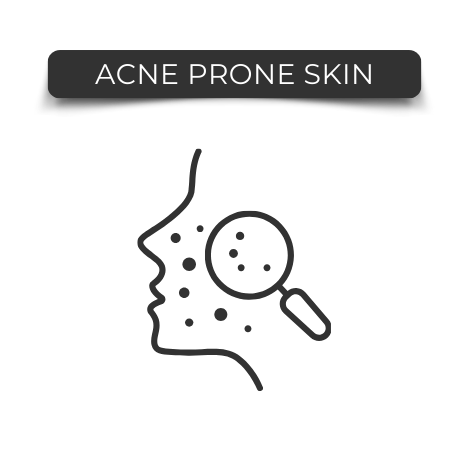

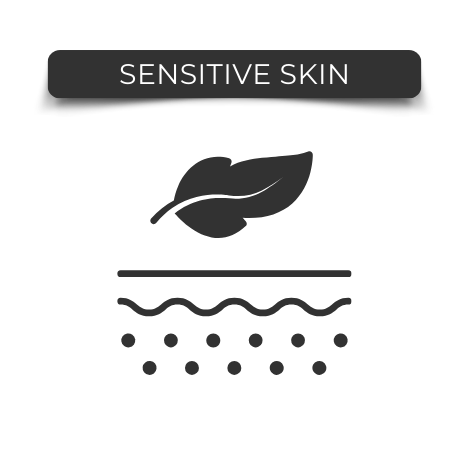

Note:
- Tranexamic acid is not listed as an ingredient to be comedogenic or to be avoided by people with sensitive or acne prone skin based on currently available data.
Conclusion
Tranexamic acid is safe as per the current practice of use.
References
- https://pubchem.ncbi.nlm.nih.gov
- https://european-union.europa.eu
- https://aseancosmetics.org
- Peitsidis et al., Expert Opin Pharmacother. 2011
Disclaimer: The above information is based on ongoing toxicology research at CHOSEN®’s R&D. We will do our best to update the information as and when the latest studies are available. If you have any inputs regarding the above information, please email us at ingredients@chosenstore.in

